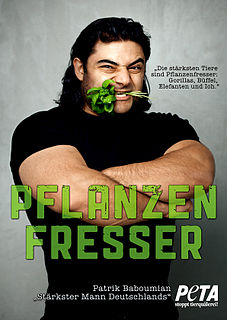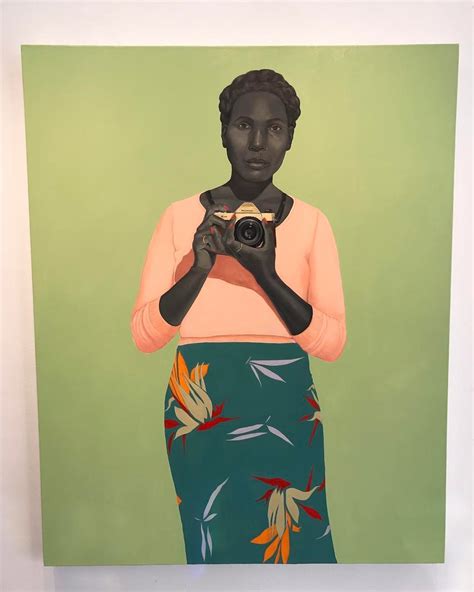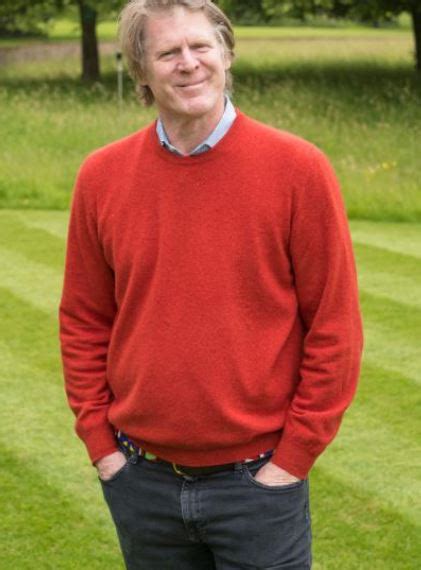A Quote by Patrik Baboumian
We live in a cerebral society, in which we have forgotten how fascinating strength is.
Related Quotes
How good it is to work in the invigorating fresh air under the life-giving sun amid the inspiring beauty of nature. There are many who recognize this... How good it is to earn you livelihood by contributing constructively to the society in which you live - everyone should, of course, and in a healthy society everyone would.
Buddhas have a strength which is not of this world. Their strength is totally of love... Like a rose flower or a dewdrop. Their strength is very fragile, vulnerable. Their strength is the strength of life not of death. Their power is not of that which kills; their power is of that which creates. Their power is not of violence, aggression; their power is that of compassion.
The deeper we look, the more we shall be convinced that the one thing wanting, which we must strive to acquire before all others, is strength strength physical, strength mental, strength moral, but above all strength spiritual which is the one inexhaustible and imperishable source of all the others. If we have strength everything else will be added to us easily and naturally.
I believe we are a species with amnesia, I think we have forgotten our roots and our origins. I think we are quite lost in many ways. And we live in a society that invests huge amounts of money and vast quantities of energy in ensuring that we all stay lost. A society that invests in creating unconsciousness, which invests in keeping people asleep so that we are just passive consumers or products and not really asking any of the questions.
A woman cannot live in the light of intellect. Society forbids it. Those conventional frivolities, which are called her 'duties', forbid it. Her 'domestic duties', high-sounding words, which, for the most part, are but bad habits (which she has not the courage to enfranchise herself from, the strength to break through), forbid it.
I recently got back from Hiroshima and it was fascinating to me how the Japanese accommodate this paradox. We were talking about this word aware, which on the page looks like "aware," which speaks to both the pain and the beauty of our lives. Being there, what I perceived was that this is a sorrow that is not a grief that one forgets or recovers from, but it is a burning, searing illumination of love for the delicacy and strength of our relations.
Endnotes, often confused with footnotes that live at the bottom of a page, is that lump of text at the end of the book, sometimes even relegated to a tiny font size. They're often forgotten but, in nonfiction, particularly history books, can offer a fascinating footprint into the author's research, a joyful, geeky abyss.



































